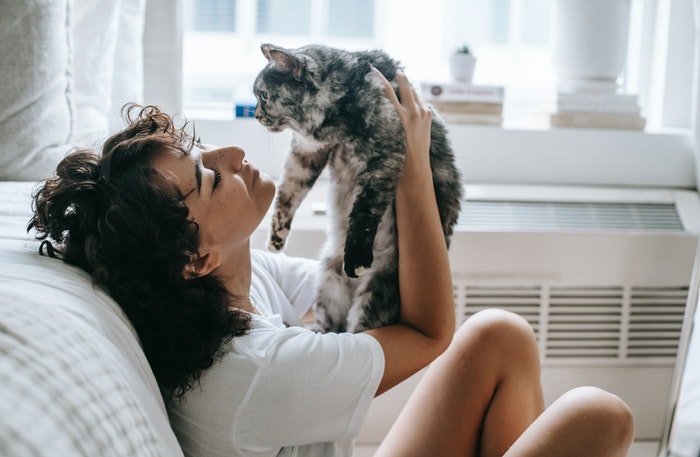Getting a pet defines true happiness. People are quite fond of cats. When you pet a cat/dog, bet it any animal, taking care of the same comes along with it. Looking after them is not just about getting them a bed to sleep and food, you have to look after them as if it’s your own child. Growing a kitten into a healthy cat, vaccinating them from the get-go against preventable diseases, is the safest approach by far. In order to instigate immunity, kittens need a primary course of two kitten vaccinations three weeks apart that can be started from 9 weeks of age.
Why is vaccination needed?
Cats can quickly contract preventable diseases that inflict a lifetime of pain and can even prove fatal since they are too often free to roam. In recent times, vaccinations have helped to flatten the curve a bit, also protecting innocent animals, helping them to live a healthy life. All cat owners should opt for this step rather than risking their cat’s life. To ensure sufficient immunity, a primary course of two injections, three weeks apart, is mandatory and annual vaccinations are needed thereafter.
Against what you should get your kitten’s vaccination?
Influenza Feline which is also known as cat flu and infectious enteritis.
Treatment for parasites:
Prevention is the best option when it comes to the burden of fleas and worms due to the discomfort and misery that they can cause. As per the prescription of the vet, the cat should complete the medication course.
Flea:
Fleas are responsible for flea allergic dermatitis, causing relentless scratching, spreading tapeworm. Cats may also become anemic, especially kittens with a severe burden. Continuous flea control throughout the year is suggested. Below mentioned are some signs showing that a pet has fleas:
- Scratching with
- Red bumps and sores on your skin
- Adult fleas that move inside the fur
- Within the hair, brown/red ‘flea dirt’
Worms:
If you see your cat has upset stomach chances are that it has worms in its intestine due to which it is feeling so. A variety of worm species affect cats, with tapeworm and roundworm being the usual suspects. For worms and adults, kittens less than six months of age should be handled monthly, at least every three months. Signs of a strain on the worm include:
- Loss of weight in spite of increased appetite
- Diarrhea and vomiting
- Depression and Lethargy
Nutrition:
It is not always easy to get nutrition right, but for a cat, it can contribute to its health. A comprehensive, nutritious, and high-quality diet that targets the life stage of a cat is a great place to start. However, you should also keep an eye on your grown-up cat. Below mentioned are some of the symptoms of an elderly cat:
- A change in drinking or eating habits
- Weight/body condition loss
- Reduced levels of movement, jumping less
- Lethargy or increased sleeping periods
- Rigidity upon rising
Consider consulting a cat care vet in such a case. A timely visit can save your cat from many health problems.

